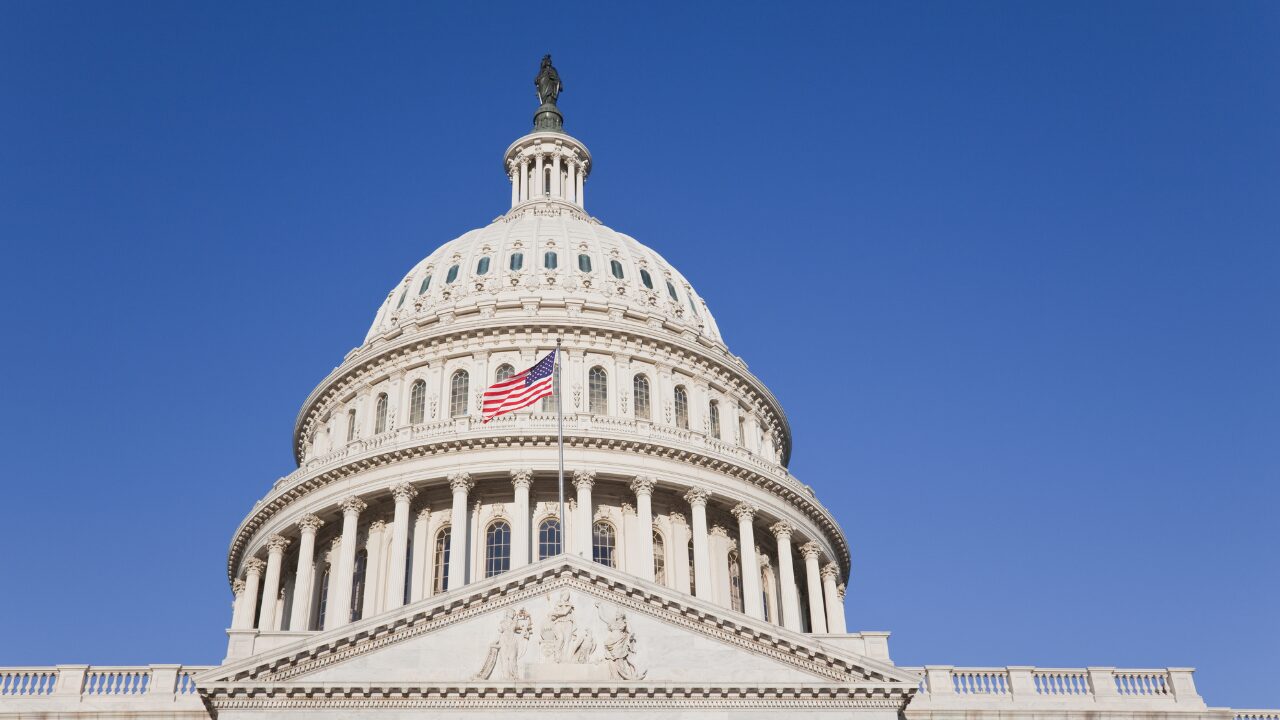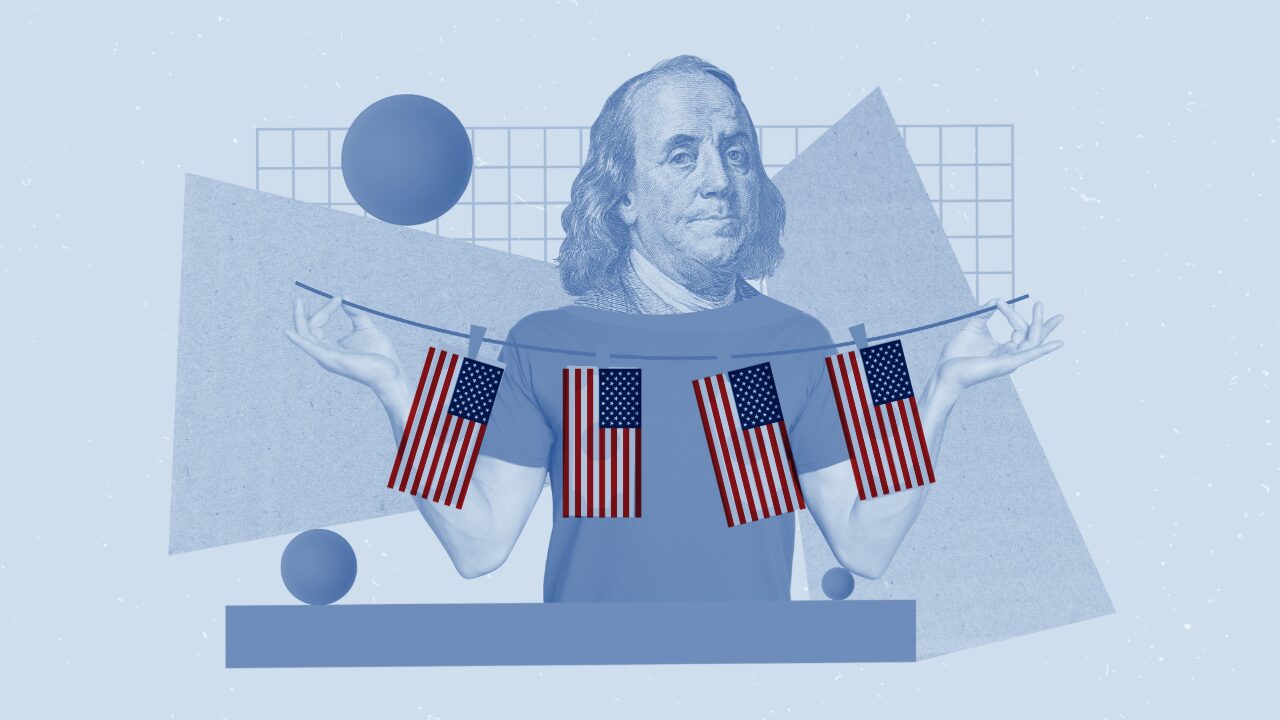Since ABMA first announced its federal legislative priorities in 2022, two issues have remained front and center: securing permanent tax relief for small businesses and reining in excessive credit card swipe fees. Now, both are gaining serious traction in Congress. Below is a timeline of key developments on the “Big Beautiful Bill” tax package and the Credit Card Competition Act, two pieces of legislation that could deliver major wins for not only ABMA but all of the LBM industry if passed.
Timeline of Business Tax Cuts in the “Big Beautiful Bill“
The “Big Beautiful Bill,” proposed by House Republicans, includes major tax cuts and changes that could affect businesses across the United States. Here is a timeline of key events and milestones related to the bill’s business tax provisions:
May 14, 2025: Initial markup
The House Ways and Means Committee advanced its initial markup of the “Big Beautiful Bill.” This marked the beginning of the legislative process, setting the stage for additional reviews and amendments.
May 16, 2025: Budget Committee review
The House Budget Committee is scheduled to review the bill. This step is critical to address the fiscal implications of the proposed tax cuts and other provisions.
July 4, 2025: Target for finalization
Republican leadership in Congress has set July 4 as the target date to finalize the bill and send it to the president’s desk. Lawmakers are aiming to act before provisions of the 2017 Tax Cuts and Jobs Act begin to expire.
December 31, 2025: Expiration of TCJA provisions
Many provisions of the 2017 Tax Cuts and Jobs Act (TCJA) are set to expire at the end of 2025. The “Big Beautiful Bill” seeks to make several of those tax breaks permanent, offering long-term relief for businesses.
Key Provisions for Small Businesses
- Permanent small business deduction: The bill would make the Section 199A small business deduction permanent at 23%. This allows eligible small business owners to deduct up to 20% of qualified business income.
- Immediate expensing: The bill renews 100% immediate expensing for certain capital investments, allowing businesses to deduct the full cost of equipment or machinery in the year of purchase.
- R&D incentives: Enhanced deductions for research and development expenses are aimed at supporting innovation and efficiency, particularly helpful for businesses investing in proprietary systems or product development.
- Interest expense deduction: The bill eases limits on interest expense deductions, supporting businesses that rely on loans to fund expansions or upgrades.
Timeline of the Credit Card Competition Act
The Credit Card Competition Act (CCCA), led by Senator Dick Durbin, seeks to reform the credit card processing industry by increasing competition and lowering costs for merchants. Below is a timeline of key events and provisions:
May 2025: Building support
In early May, Senator Durbin began meeting with representatives from the retail and restaurant sectors to build momentum and gather support for the bill.
May 14, 2025: Announcement of intent
Durbin announced his plan to reintroduce the Credit Card Competition Act. This signaled the formal beginning of efforts to bring the bill back to the Senate floor.
Summer 2025: Expected introduction
The bill is expected to be officially introduced later this summer. In the meantime, lawmakers are negotiating its language to strengthen support across party lines.
Key Provisions of the Bill
- Alternative networks: The bill would require major credit card-issuing banks to allow transactions to be processed on at least two unaffiliated networks. This is aimed at reducing Visa and Mastercard’s market dominance and creating room for competition.
- Swipe fee reductions: By increasing network competition, the bill seeks to lower the interchange (or “swipe”) fees that merchants pay—fees that can be especially burdensome for small businesses.
Background and Context
Sen. Durbin has long championed efforts to lower payment processing costs. His earlier work includes the Durbin Amendment, part of the 2010 Dodd-Frank Wall Street Reform and Consumer Protection Act, which capped debit card interchange fees. The Credit Card Competition Act builds on that legacy, extending similar reforms to credit card transactions.




